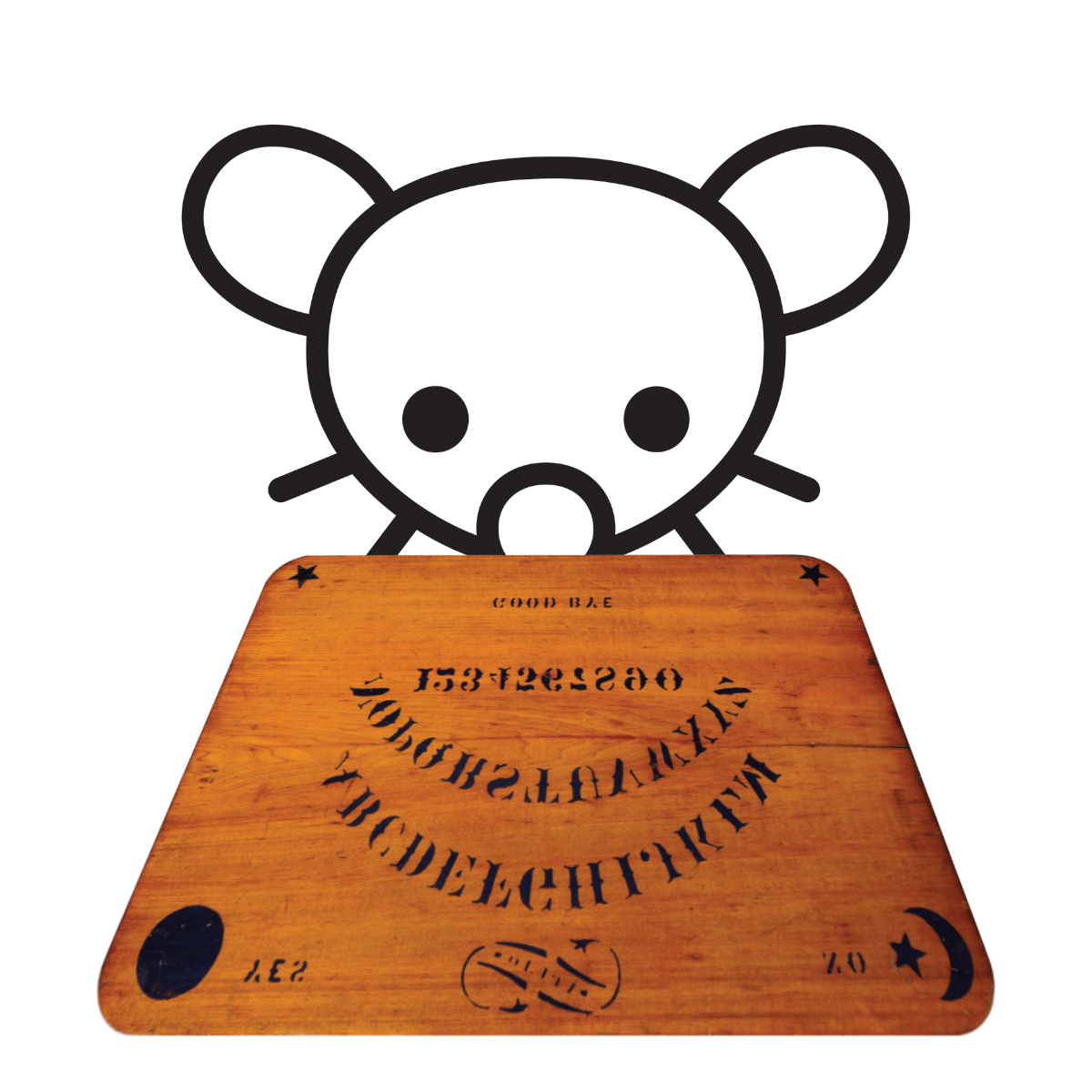- 0 Posts
- 31 Comments
And the obligatory response to the “tomato-based fruit salad” response: “found the bard!”

 14·7 months ago
14·7 months agoGoodbye.

 9·9 months ago
9·9 months agoWhich is a bit fucking overkill given that the level cap in game is 12.

 351·9 months ago
351·9 months agoThat’s been your thing since 3e, ya damn whippersnappers! 👴-old Wizards
The Gamers (the original one) made the same joke. Also, available for free on YouTube.

 12·10 months ago
12·10 months agoYou might be interested in “rolling with emphasis”, a house rule by Brandon Lee Mulligan. Rather than rolling twice and taking the best/worst result, you take the result furthest from 10. Designed for actions that can only end really well or really badly.

 107·10 months ago
107·10 months agoI’ve best heard it described as “a rogue and a bard who can only seem to roll Nat 20s and Nat 1s”.

 4·10 months ago
4·10 months agoYou just described the original Jak trilogy.
I remember coming across a post of tumblr where someone said that if a guy says his favorite movie/tv show is Breaking Bad, Rick and Morty or Fight Club, you should run immediately.
The reason was that while these are good works exploring complex, broken and often violent men, a certain subset (the kind of people who would claim that one of those was their favorite of all time) doesn’t have the reasoning ability to understand that they’re the villains of their universe and should not be idolized.
Rorschach easily fits within the same mold as Tyler Durden, Rick Sanchez and Walter White, a complex and entertaining protagonist who’s also a terrible person who no one should want to be.

 4·1 year ago
4·1 year agoWhat I mean is that remembering stuff (like what someone casting a fireball looks like) is what 3rd edition would call a Free Action, like talking. You can do it as much as you like (that can reasonably fit into six seconds) at any time during the turn, and it doesn’t take up any resources (like your reaction). Even though you’re rolling a check, it isn’t using part of your turn.
If it did take a reaction to identify a spell as it’s being cast, that would mean that remembering something would take the same about of time and energy as an opportunity attack.

 8·1 year ago
8·1 year agoRecalling information never requires an action, the check is just there to determine if you know something or not.

 17·1 year ago
17·1 year agoIf the spell is on a pc’s class’s spell list and it has components (verbal, somatic, or material), they know if the spell is being cast (e.g. if the wizard sees someone casting Fireball, they recognize it from the arm movements, magic words, and the smell of guano and sulfur). If it isn’t, giving the player a DC (10 + level of the spell) Intelligence (Arcana) check to identify it would also be fair.
From a post on the forums for Order of the Stick:
“Calling a wizard a sorcerer is like telling a college graduate that they only passed because they were naturally gifted.”
“Calling a wizard a warlock is like telling a college graduate that they only passed because they gave the dean a BJ behind the Arby’s.”

 1·1 year ago
1·1 year agoSee: every slasher movie ever.
At this point, it’s just easier to assume that anytime you see four panels in a 2x2 box, it’s loss.

 9·1 year ago
9·1 year agoFor anyone not aware, TFS did a bunch of scenes from the Buu saga to help TotallyNotMark’s review of said arc. There’s a compilation on their main channel.
No, in an exception based system like D&D, specific trumps general. There is a general rule in the DMG that states that you can’t bring someone back to life against their will; and since Revivify doesn’t specifically state that it is an exception to this rule, it isn’t.

 6·1 year ago
6·1 year agoOh cool, Wargroove is getting a sequel. Love me some medieval fantasy Advance Wars.



Something I came across after having to have glass removed from my hand: there’s no specific term for a doctor that specializes in hands.